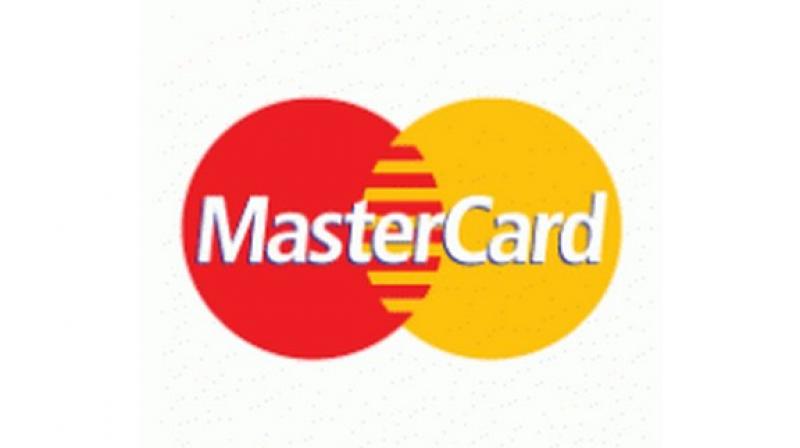Visa, Mastercard offer to cap tourist card fees to end EU probe
Visa and its closest rival Mastercard have proposed a 0.2 percent fee on non-EU debit card payments.

Visa and Mastercard have offered to cap the fees charged on card payments made by tourists in the European Union to stave off fines and end an EU antitrust investigation.
The European Commission, which has waged a decades-long crackdown on payment and credit card fees, says so-called interchange fees in which the merchant’s bank pays a charge to the cardholder’s bank, resulting in higher prices for consumers.
This is because the fees, which are a lucrative source of revenue for banks, are ultimately borne by the merchant.
Visa, the world’s largest payments network operator, and its closest rival Mastercard have proposed a 0.2 per cent fee on non-EU debit card payments carried out in shops and a 0.3 per cent fee on credit card payments, the Commission said on Tuesday.
This would bring their fees in line with those charged for EU cards, which were the subject of a long EU investigation after a 1997 complaint by business lobby EuroCommerce.
The group, whose members include Carrefour, Marks & Spencer, Lidl and Metro, welcomed the offer but criticised the big difference in online and offline transaction fees.
Under the terms of the offer for online payments, debit card charges would be 1.15 per cent and 1.50 per cent for credit cards and the commitments would apply for five-and-a-half years.
“No such distinction is made for cards issued in the EU... We, therefore, cannot understand why merchants should be charged more for a perceived risk which can only arise by the card issuers’ failure to implement adequate fraud prevention measures,” the lobbying group said.
European consumer group BEUC urged merchants to pass on the cost savings to consumers.
Third parties have a month to provide feedback before the Commission decides whether to accept the offer, which was revealed by Reuters last month or demand a bigger reduction.
Mastercard said it expected to incur a USD 650 million charge in the fourth quarter of this year because of a substantial fine related to a second EU antitrust investigation.
The Commission three years ago charged the company with imposing rules which blocked banks in one EU country from offering lower interchange fees to a retailer in a second EU country. Mastercard scrapped this practice in December 2015 after the bloc adopted rules capping such charges.
“The case is still ongoing and we cannot comment further on it,” Commission spokesman Ricardo Cardoso said.
Click on Deccan Chronicle Technology and Science for the latest news and reviews. Follow us on Facebook, Twitter.

